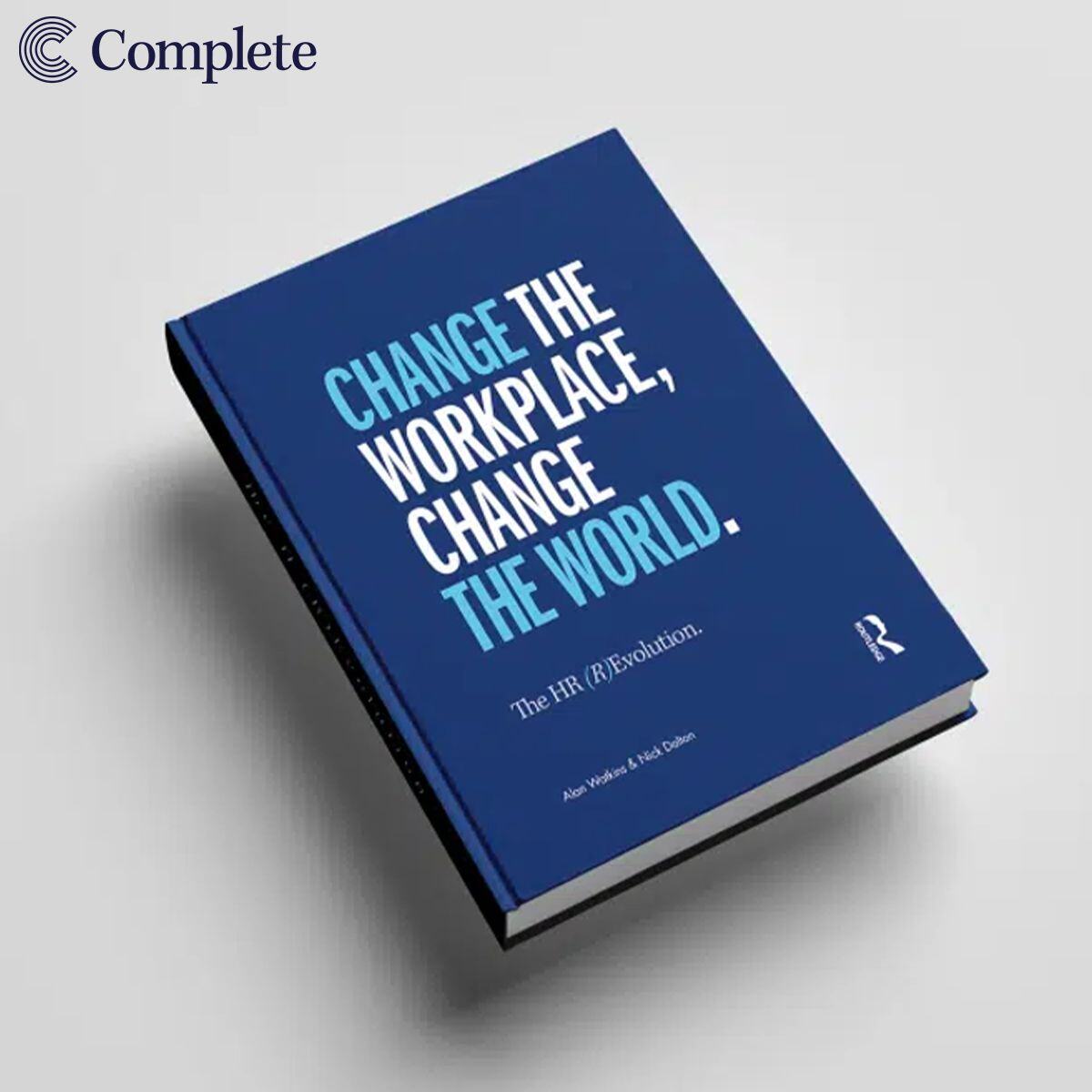
This week marks the anniversary of the launch of The HR (R)Evolution: Change the Workplace, Change the World by Dr Alan Watkins and Nick Dalton. The late February London launch party was a sociable affair and although there was some talk of the coronavirus outbreak, there was much more discussion of whether HR could become the catalyst for the change that business, society and even the world, needed. A year on and our lives are very different. A busy London party seems a distant dream, but, what of HR? What progress has been made?
The HR (R)Evolution revealed that we are standing at a crossroads. Power is increasingly concentrated in the hands of a few and most now recognise that there is something seriously wrong with capitalism. Many people are disillusioned with the increase in work insecurity and pay inequality, not to mention the impact that big business is having on our planet.
It went on to outline the opportunity of taking the right path in the future. According to the authors, those leading organisations, and most especially those working in HR, now have an opportunity to create a future of abundance, equality, inclusivity, and prosperity for all. Drawing on lessons from the past The HR (R)Evolution shows how companies and businesses can evolve to successfully meet the challenges we face and how working life and careers will look in 2050 if we get it right.
The revolutionary challenge set by the book called for the HR profession to stop reacting to events and start leading the way towards a more people and planet focused business future, one that works for the many and not for the few.
A year ago, the senior HR leaders at the launch event were keen to take up this challenge and embark on the revolution. Now, we check on their progress with insights from the people working most closely with them – the Complete practitioner team:
Pip Clarke: “In my work with a number of senior HR Leaders I see high levels of motivation to make a difference in the world. As they reflect on the constantly changing world dynamics, they know that they can play an increasingly influential role in convincing their businesses to engage with and not ignore the broader challenges facing us all. However, it’s not an easy path; they tell me organisations are notoriously risk averse when it comes to being first movers, but they also know that the pandemic has changed the way we view life and work, not temporarily but permanently and this has created awareness and energy not just to discuss but to take meaningful action.
Alan Littlefield: “The forward-thinking HR leaders I work with are thinking far beyond reacting to current events and investing in developing people and teams to sustain their organisations. They have realised that individual maturity and the sophistication of teams are the keys to competitive advantage. Highly evolved teams synchronise perfectly, are energised by each other, deliver nimbly and can engage with different perspectives as a source of creativity. It’s exciting to be working with HR leaders who want to unleash this potential!”
Katie Ledger: “Despite the pandemic, the senior HR leaders I work with are definitely making progress towards a more planet and people focused future. One clear example is a company we are working with in the financial services sector. Many of their leaders were facing pandemic overwhelm and burnout. After coaching the team both individually and as a team for three months now, they have greater clarity on their strategy, are reshaping their working weeks, increasing their energy and emotional regulation and collaborating like never before. While there is still a long way to go, the shoots of the revolution are visible. Now we need to nurture it and spread the word to expand the movement.”
Now more than ever, it appears that The HR (R)Evolution is a book for our time. A time of crisis is exactly when those who can see the future clearly step up and inspire others to follow. That’s the role for HR. HR can and should now start to lead and evolve a new business model. One that values social capital as much as profit. One that step changes the effectiveness of people practices in the workplace. One that is deliberately developmental and focuses on the maturity of leadership as the key to business success and financial progress.
Visit The HR (R)Evolution’s Amazon page to order your copy.